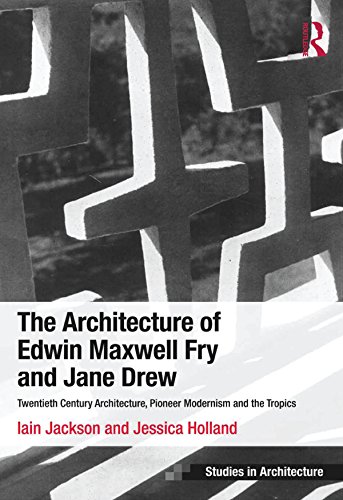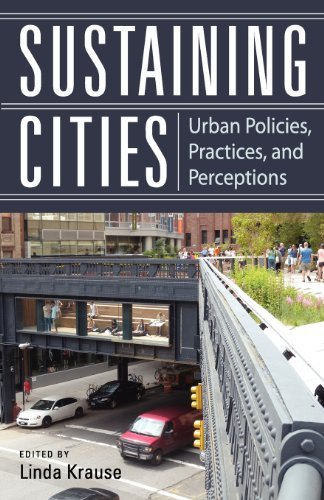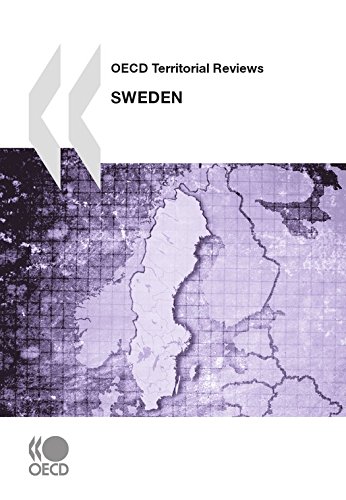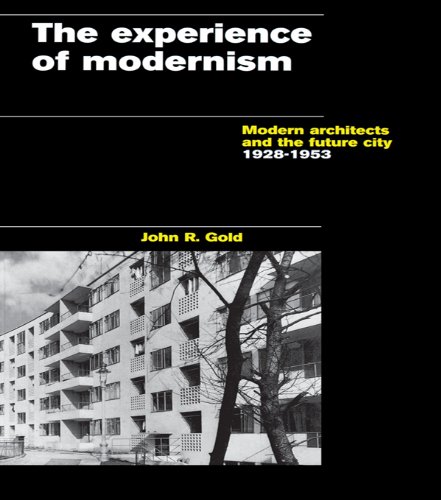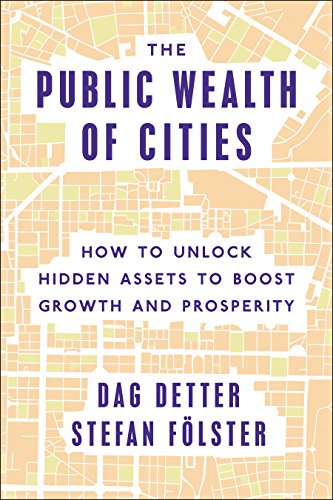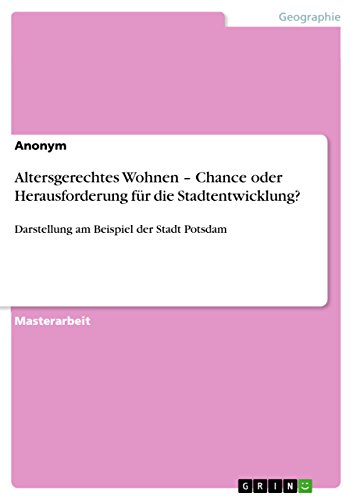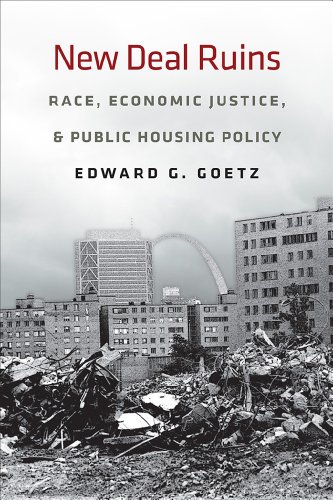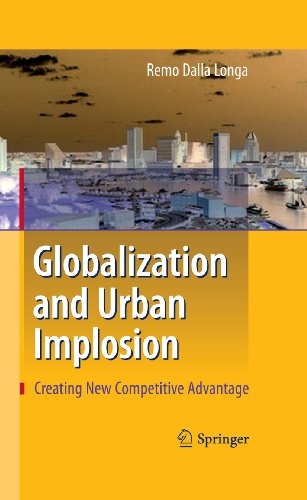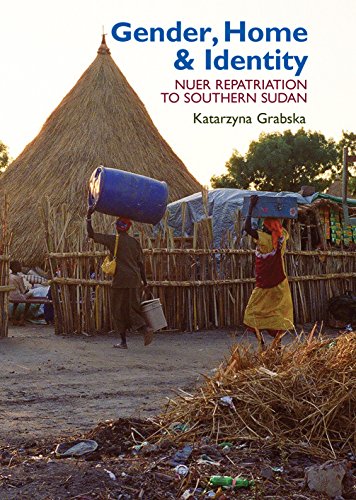
By Katarzyna Grabska
How and the place did returning Nuer refugees make their 'homes' in southern Sudan? How have been gender kinfolk and identification redefined due to warfare, displacement and go back to post-war groups? and the way have been these displaced capable of recreate a feeling of domestic, group and nation?
through the civil wars in southern Sudan (1983-2005) the various displaced Sudanese, together with many Nuer, have been in refugee camps in Kenya and Ethiopia. within the aftermath of the excellent Peace contract, they repatriated to southern Sudan. confronted with discovering long-lost kinfolk and native expectancies of 'proper behaviour', they generally felt displaced again.
This booklet follows the lives of a gaggle of Nuer within the better UpperNile quarter. The narratives of these displaced and people who stayed in the back of show the complexity of social switch, specifically, the an important but particularly unconsidered transformation of gender andgenerational kin, and the way this has impacted on country formation in what's now South Sudan.
Katarzyna Grabska is a examine fellow with the dep. of Anthropology and Sociology ofDevelopment on the Graduate Institute of overseas and improvement reviews in Geneva. She is co-editor (with Lyla Mehta), of Forced Displacement: Why Rights Matter? (Palgrave: 2008)
